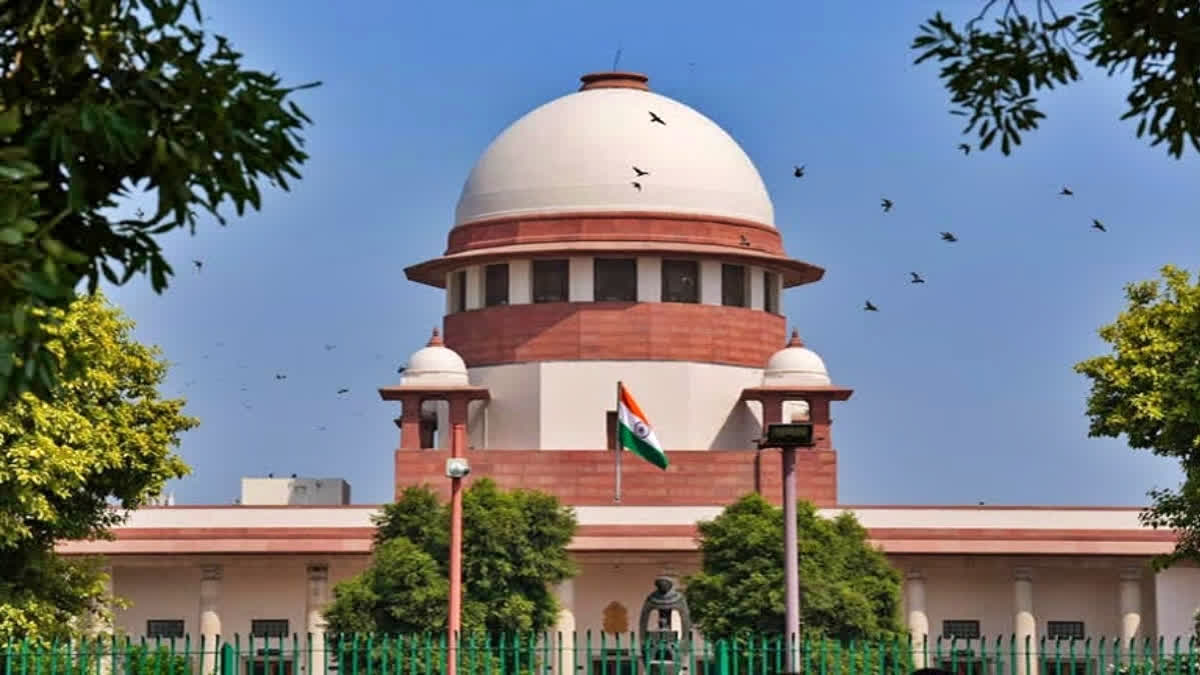New Delhi:The Supreme Court has said a court of law cannot declare the reputation of a person based upon its own opinion merely because a person is educated and said to be God-fearing and that by itself will not create a positive reputation.
A bench comprising justices M.M. Sundresh and J.B. Pardiwala noted that a reputation has to be seen from the point of view of an identifiable group while the character is what a person really is. The bench said character is to be formed while reputation is to be acquired and character may lead to the formation of one’s reputation but both are distinct and different.
“Reputation thus forms part of internal facts and therefore it is required to be proved in the form of the opinion of persons who form it accordingly. When reputation is to be taken as a relevant fact, its evidentiary value becomes restrictive and limited. It is indeed a weak piece of evidence when it becomes relatable to a fact in issue”, said Justice Sundresh, who authored the judgment for the bench.
The apex court judgment was dealing with a challenge to a conviction for life imprisonment imposed by the Himachal Pradesh High Court. The petitioner Harvinder Singh was convicted of murder and attempt to rape. The high court had reversed the order of acquittal by the trial court. The high court primarily relied on the statement of a witness, who was in the court’s view an educated and God-fearing person. Therefore, the court accepted his testimony.
The apex court, in a judgment delivered on October 13, said: “A court of law cannot declare the reputation of a person based upon its own opinion merely because a person is educated and said to be God-fearing, that by itself will not create a positive reputation”.
The bench noted that character and reputation do have an element of interconnectivity and reputation is predicated on the general traits of character and in other words, character may be subsumed into reputation. “Courts are not expected to get carried away by the mere background of a person especially while acting as an appellate forum, when his conduct, being a relevant fact, creates serious doubt. In other words, the conduct of a witness under Section 8 of the Evidence Act, is a relevant fact to decide, determine and prove the reputation of a witness”, said the bench.
